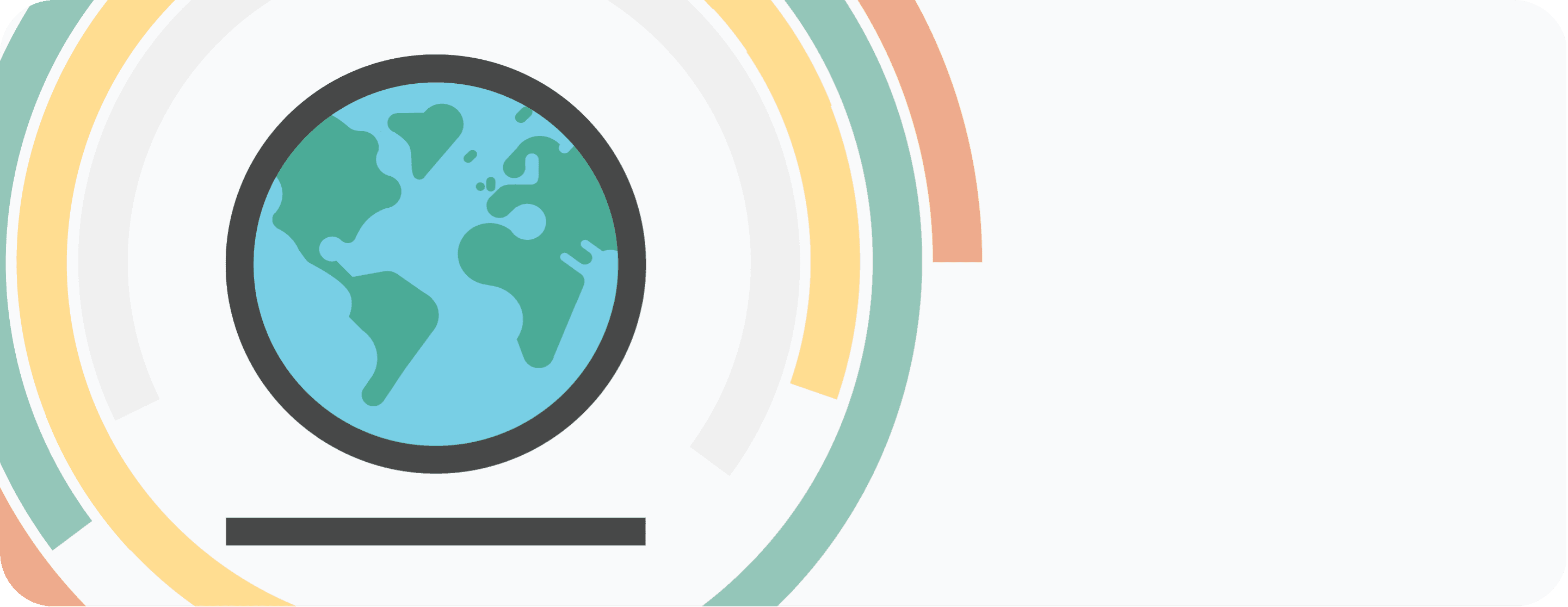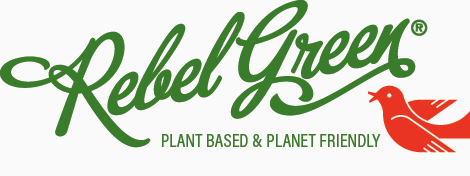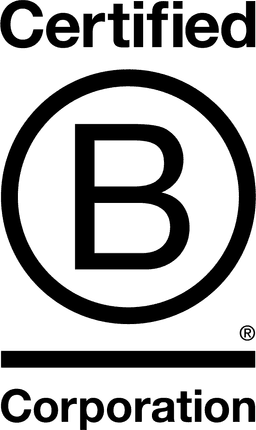

Rebel Green

1.6
Wisconsin, United States
November 2019
Cleaning products
Wholesale/Retail
China,
United States
Rebel Green is a Certified Women Owned brand of green household cleaning products, USDA Certified Laundry Detergents and the first and only Carbon Neutral, Tree Free Line of Bamboo Toilet Paper and Paper Towels. Established in 2008, the Mequon, Wisconsin based company remains a Family Owned Business distributing products to natural food stores, supermarkets, specialty markets, and online retailers across the United States. They create effective products that are better for your family, better for the planet and are competitively priced to encourage people to make the switch. Their products are free from synthetic fragrances, sulfates and other harsh chemicals found in conventional household cleaners. They believe in educating customers through the certifications they choose. USDA Certified Organic encourages customers to support organic farmers who's farming methods are better for people and the planet. By featuring the Women Owned logo on labels, they hope to strengthen the roles of women in the economy. Their local vision extends worldwide as a percentage of sales go directly to clean air, clean water and clean food initiatives that are aimed at empowering women, children and families. They are focused on minimizing the impacts of their business operations on the natural world.
Overall B Impact Score
Governance 14.3
Governance evaluates a company's overall mission, engagement around its social/environmental impact, ethics, and transparency. This section also evaluates the ability of a company to protect their mission and formally consider stakeholders in decision making through their corporate structure (e.g. benefit corporation) or corporate governing documents.
What is this? A company with an Impact Business Model is intentionally designed to create a specific positive outcome for one of its stakeholders - such as workers, community, environment, or customers.
Workers 21.4
Workers evaluates a company’s contributions to its employees’ financial security, health & safety, wellness, career development, and engagement & satisfaction. In addition, this section recognizes business models designed to benefit workers, such as companies that are at least 40% owned by non-executive employees and those that have workforce development programs to support individuals with barriers to employment.
Community 18.9
Community evaluates a company’s engagement with and impact on the communities in which it operates, hires from, and sources from. Topics include diversity, equity & inclusion, economic impact, civic engagement, charitable giving, and supply chain management. In addition, this section recognizes business models that are designed to address specific community-oriented problems, such as poverty alleviation through fair trade sourcing or distribution via microenterprises, producer cooperative models, locally focused economic development, and formal charitable giving commitments.
Environment 25.9
Environment evaluates a company’s overall environmental management practices as well as its impact on the air, climate, water, land, and biodiversity. This includes the direct impact of a company’s operations and, when applicable its supply chain and distribution channels. This section also recognizes companies with environmentally innovative production processes and those that sell products or services that have a positive environmental impact. Some examples might include products and services that create renewable energy, reduce consumption or waste, conserve land or wildlife, provide less toxic alternatives to the market, or educate people about environmental problems.
What is this? A company with an Impact Business Model is intentionally designed to create a specific positive outcome for one of its stakeholders - such as workers, community, environment, or customers.
Customers 3.8
Customers evaluates a company’s stewardship of its customers through the quality of its products and services, ethical marketing, data privacy and security, and feedback channels. In addition, this section recognizes products or services that are designed to address a particular social problem for or through its customers, such as health or educational products, arts & media products, serving underserved customers/clients, and services that improve the social impact of other businesses or organizations.